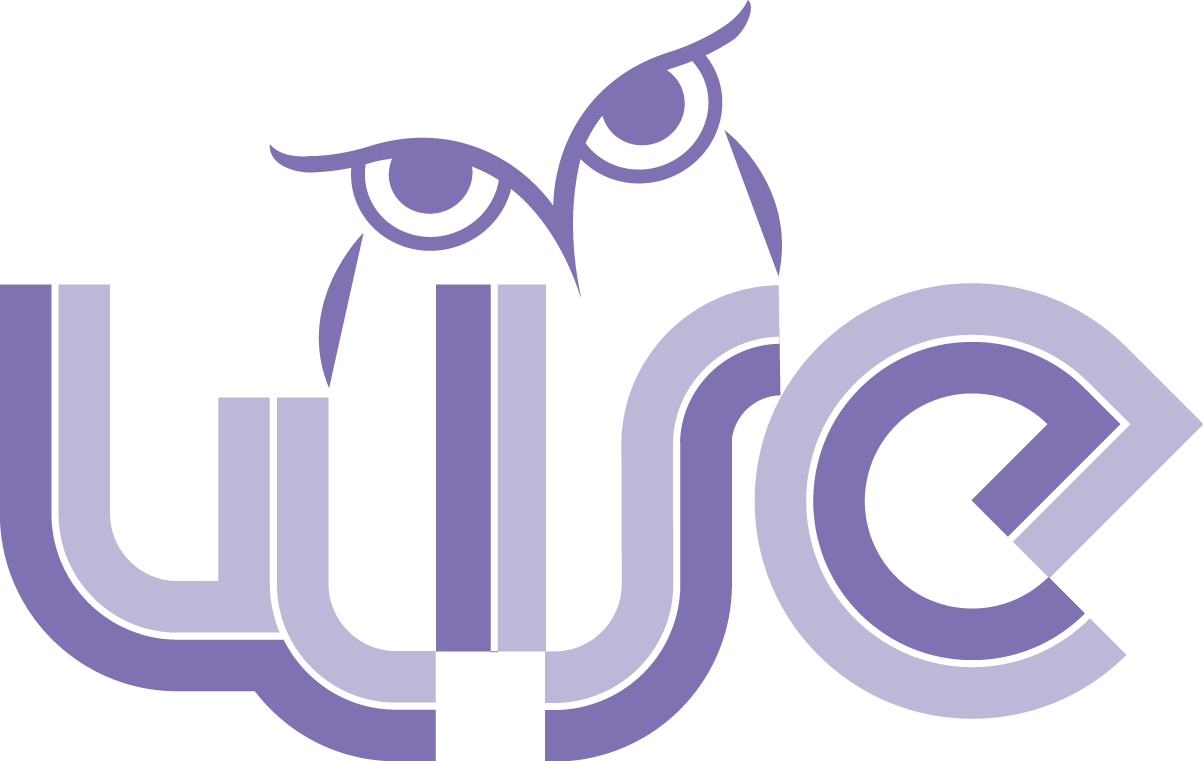Good Luck, Bad Luck…
The fable of Sai Weng Lost His Horse is one I’ve reflected on often, especially during moments when life felt unfair or inexplicable. In the story, an old man loses his horse, and those around him call it misfortune. But the horse returns, bringing with it a herd of wild companions, and suddenly the same people see it as a stroke of luck. Yet life doesn’t stop there. The old man’s son breaks his leg while taming one of the wild horses—a tragedy, everyone proclaims. However, this injury spares him from being drafted into a brutal war.
What strikes me about this story is its refusal to let any single moment define itself as wholly good or bad. Events are fluid, ever-changing. Yet we often judge them at a specific moment based on our narrow perspectives, branding experiences as fortunate or unfortunate without seeing the larger picture.
For much of my life, I was quick to label events. When things went my way, I called it good luck; when they didn’t, I saw it as bad luck. But as I’ve grown older, I’ve realized how limited this perspective is. There were times I felt wronged by life, only to later discover that those struggles shaped me into someone stronger or opened doors I couldn’t have anticipated. Conversely, there were moments of apparent blessing that I took for granted, only to find they came with hidden costs.
Coming to WISE and learning from teachers has led me to question this habitual process of labeling—good, bad, fortunate, unfortunate. I’ve been shocked to realize how deeply ingrained these judgments are and how much they shape my life. Changing such ingrained habits has been a challenging ordeal. Slowly, I’ve begun to see that behind every event lies a deeper truth, and at the heart of that truth is the mind.
Observing my own mind has been one of the most difficult yet rewarding journeys I’ve undertaken. I used to think I understood myself, but the more I observed my thoughts and reactions, the more I realized how slippery and deceptive the mind can be. It creates narratives, casts judgments, and often convinces itself of illusions.
Through the guidance of others and my own efforts in cultivating awareness, I’ve started to recognize the unfolding patterns of life and the mental states that accompany them. This has gradually led me to loosen my grip on the need to define everything. Understanding has become a source of letting go. Instead of battling between good and bad, I’ve found emotional stability by stepping back and embracing a wider perspective. This practice has helped me see the biases behind my judgments and the constricted feelings they create.
Life isn’t about good or bad luck. It’s about how we respond, how we grow, and how we seek understanding in this ever-unfolding journey. The events themselves are neutral; it is our perspective that shapes their meaning. Learning to see beyond judgments has been liberating in ways I could never have imagined.
In grace,
Nancy Cheah
11 February 2025

